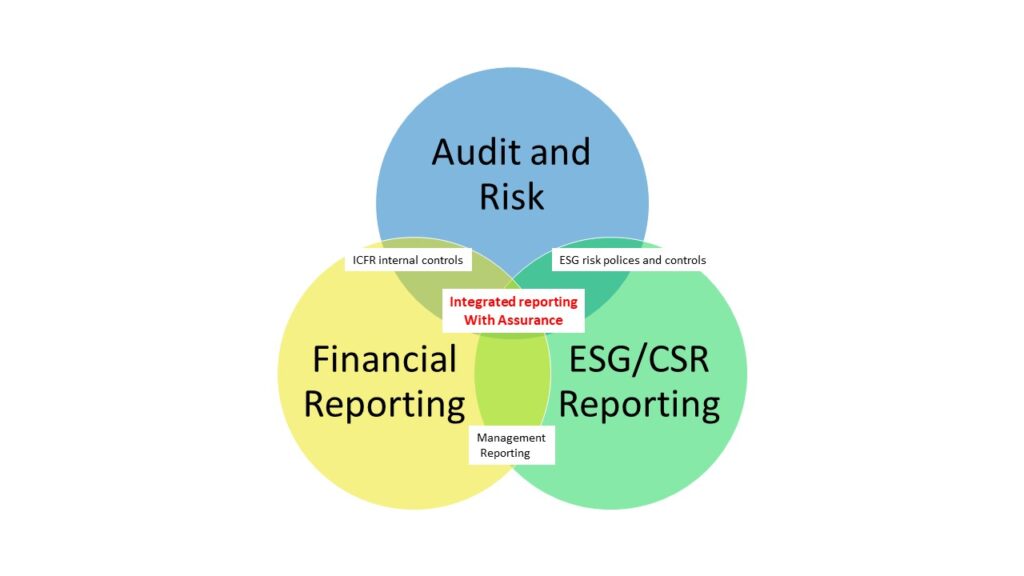Let’s look at environmental, social and governance (ESG)

Environmental, Social, and Governance (ESG) are three factors that are used to evaluate the sustainability and ethical impact of a company’s operations. Environmental factors refer to a company’s impact on the natural environment, including its use of natural resources, greenhouse gas emissions, waste generation, and other forms of pollution. ESG investors look for companies that […]
